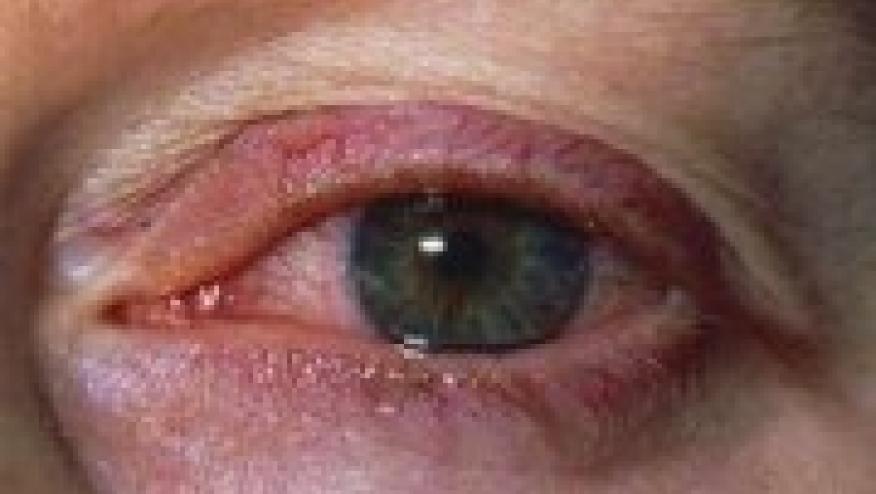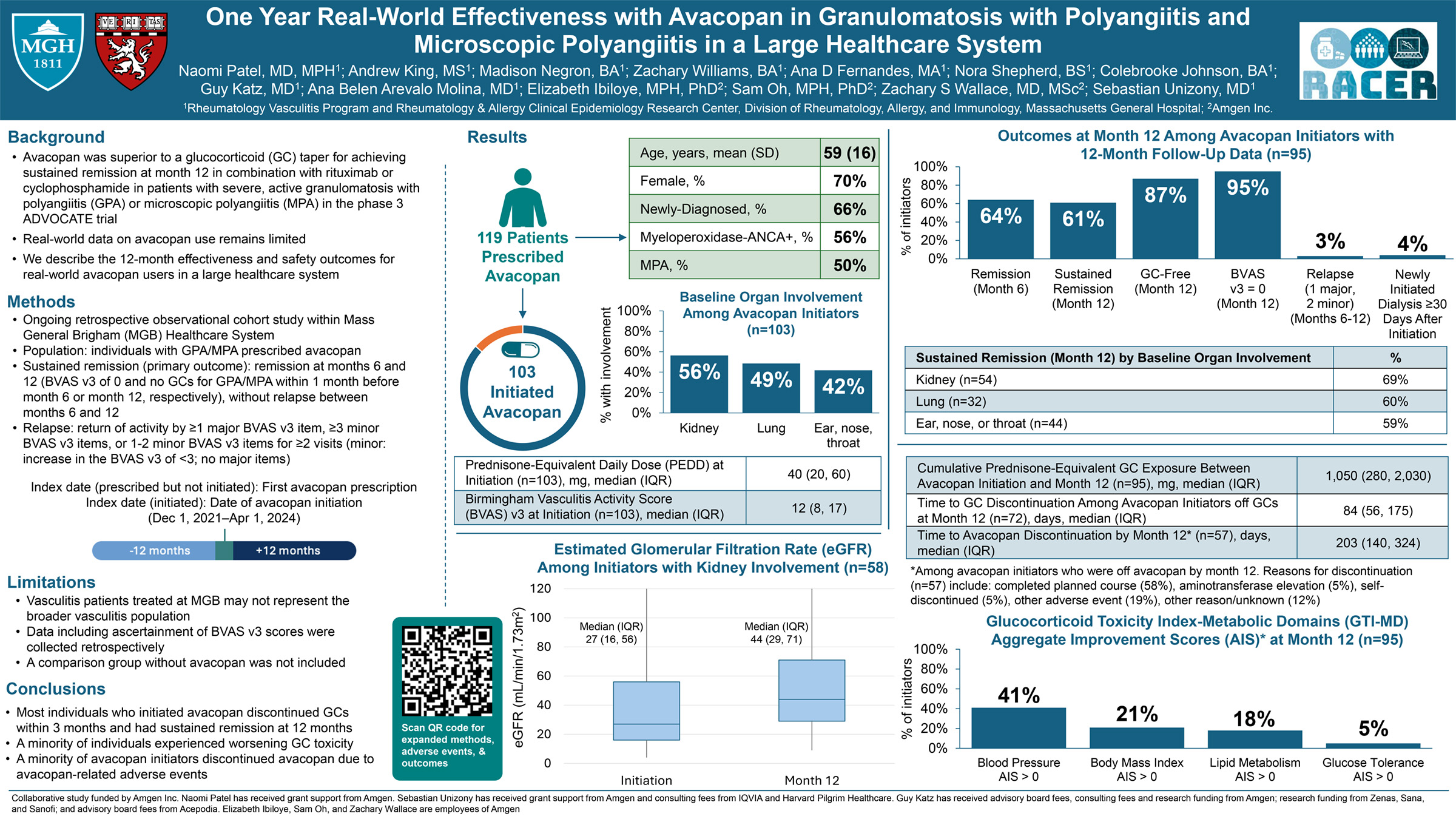Immunomodulatory Prevention of Uveitis Relapse in Behçet's Save

The results of a randomised, open-label, head-to-head trial shows that adalimumab was superior to ciclosporin in preventing uveitis relapses in patients with severe Behçet's disease.
The trial was done at a large, specialized uveitis centre in China. They enrolled patients aged 18 years or older with severe Behçet's disease uveitis on corticosteroids and naive to anti-TNF therapy. Patients were randomized (1:1:1) to either ciclosporin (2–5 mg/kg per day orally), interferon alfa-2a (3 million IU per day subcutaneously), or adalimumab (40 mg every 2 weeks subcutaneously), while maintained on corticosteroids that were tapered and subsequently dose adjustmented. The primary outcome was the annualised relapse rate of uveitis.
A total of 270 patients (mean age 38 years 79% men) were randomized and 261 patients were included in the full analysis. For the primary outcome, adalimumab was superior to ciclosporin, but non-inferior to interferon alfa-2a.
The annualized relapse rates was higher with ciclosporin than adalimumab (least-squares mean difference 0·90 [95% CI 0·27 to 1·53]; p=0·0054 for superiority). Interferon alfa-2a plus corticosteroids was not found to be non-inferior to adalimumab plus corticosteroids or superior to ciclosporin plus corticosteroids. Serious adverse events were roughly similar and seen in 13% of ciclosporin, 9% of interferon alfa-2a and 8% of adalimumab patients. There were no treatment-related deaths.
Adalimumab plus corticosteroids was superior to ciclosporin plus corticosteroids with respect to uveitis relapse rate in patients with severe Behçet's disease naive to anti-TNF therapy.
ADD THE FIRST COMMENT
Disclosures
The author has no conflicts of interest to disclose related to this subject











If you are a health practitioner, you may Login/Register to comment.
Due to the nature of these comment forums, only health practitioners are allowed to comment at this time.